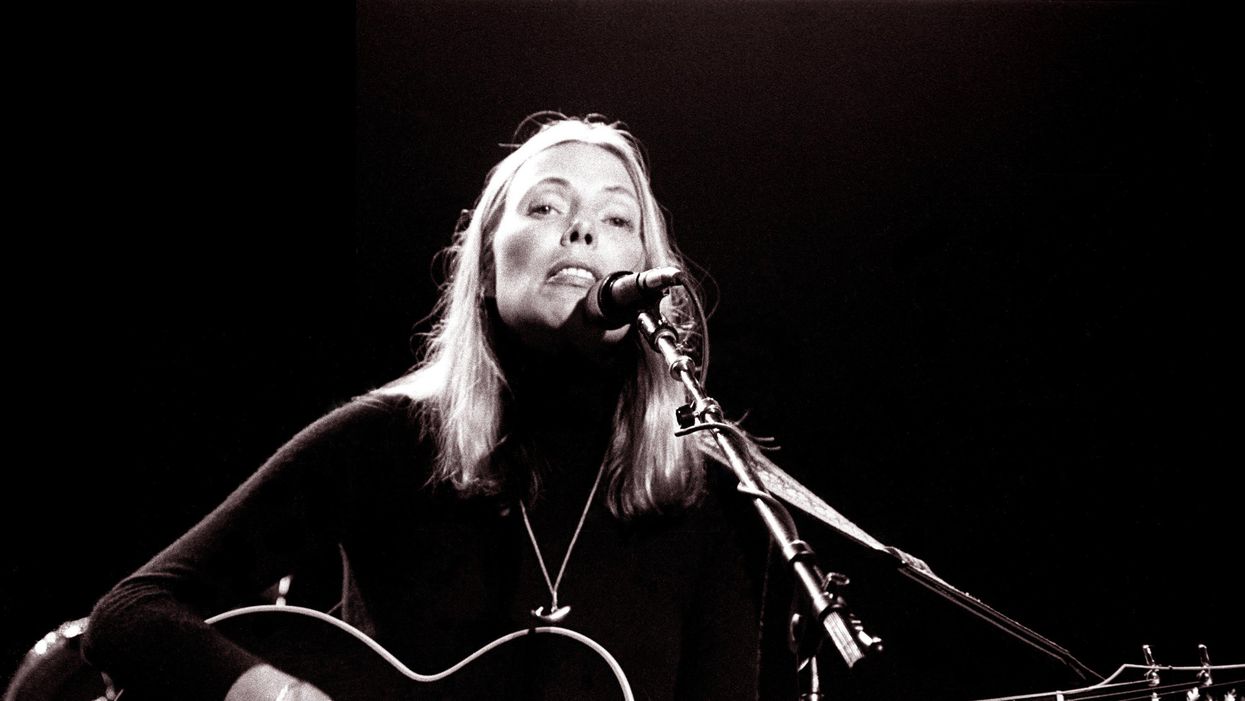Now more than ever, duality is a concept that can help us understand politics as well as life itself. Duality teaches us that every aspect of life is created from a balanced interaction between opposite and competing forces. We learn the most about ourselves when we interact with people who are different.
One might say that things are totally out of balance in our nation during this time of vindictiveness, of “I am right, you are wrong” thinking. But sometimes these aberrations are needed to put things in perspective to open the door to a new paradigm.
Duality teaches us that we cannot understand hot unless we have experienced cold, or up unless we have a sense of down, or in the case of politics we can not understand cross-partisanship without having an awareness of liberal and conservative. And in the same context perhaps the intensity of the current political dysfunctional will lead us to understand the duality of healthy and unhealthy self-governance and lead us to a better way.
The iconic song “Both Sides Now” written in 1966 by Joni Mitchell —- then in her
early 20s — speaks to this duality in a powerful way that has stood the test of time. It’s a duality that speaks to life in our nation today. The song also
speaks to the work we must do to awaken America to a new way of thinking:
I've looked at clouds from both sides now
From up and down and still somehow
It's cloud illusions I recall
I really don't know clouds at all
Listen to Mitchell singing “Both Side Now” in 1969 on the “Mama Cass Show ”
plus two more recent renditions: one by Kim Sheehy on “ The Voice ” as she made an emotional comeback after three years of self-development and reflection, and another by Seal at a celebration of Joni Mitchell’s 75th birthday:
As publishers of The Fulcrum we hope to inspire our readers to dream of the better future we will co-create for our children and grandchildren, as we serve as the connective tissue, providing community with each other and connection to each other. Let us move beyond the “I win, you lose” current political process
and realize as Mitchell did that we’ll never understand everything. As the
clouds change so should our understandings and perspectives change. Let
us not be deceived by the illusions of the political circus that reduces the
complexity of our world into sound bites:
I've looked at life from both sides now
From win and lose and still somehow
It's life's illusions I recall
I really don't know life at all
There is wistfulness and longing with which Joni Mitchell speaks to the loneliness of “being right” in a world gone wrong. She was — and we are — seeking connection. Connection is only available if we acknowledge what we don’t know, that another perspective might have value in helping us grow.
Listen and enjoy …... and envision a nation of “Both Sides Now.” And if so inclined we invite you to share with us at pop-culture@fulcrum.us your vision of such a nation.



















Trump & Hegseth gave Mark Kelly a huge 2028 gift